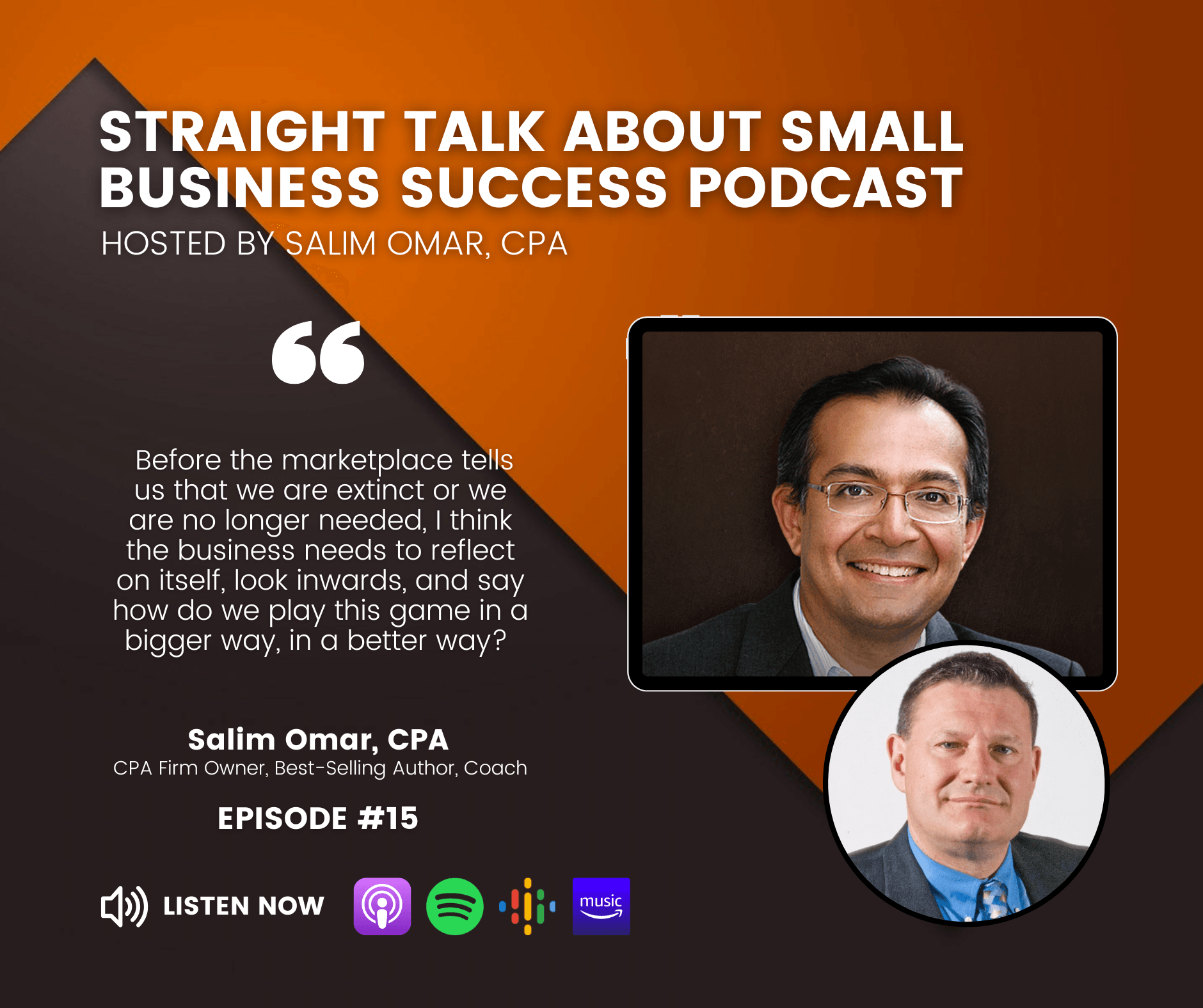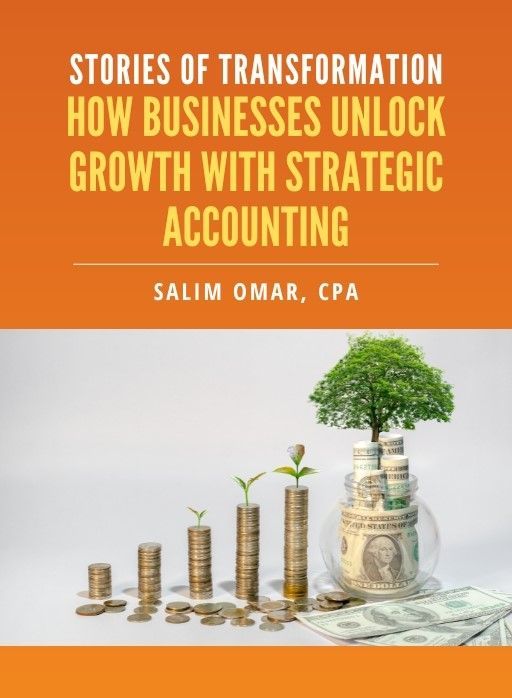Choosing the Correct Legal Structure for Your Business

Why is choosing the right legal structure important?
Choosing the correct legal entity and legal structures can make or break your business. Your decision will depend on a number of factors. Some of the questions a business owner should ask themselves include—
- Does your business have valuable or risky assets?
- How will you protect them?
- Does your business have multiple owners?
- Do you want to limit your tax liabilities or allow for future growth through outside investors?
Once you find the answer to these questions you will be better equipped to choose the type of legal entity for your business.
What is a legal entity?
According to Deloe, a legal entity is defined as how your business is organized and how it will be treated by the courts and the tax authorities.
How Does Type of Legal Entity Chosen Affect a Business Owner?
Sole Proprietors
Sole proprietors are personally liable for all costs related to the business, including taxes.
If you do not pick a legal entity you are a sole trader by default. If the business is your only income you would owe your regular tax,as well as your self-employment tax for the portion of FICA and Medicare.
Deloe explains, "That is a big trap that many first-time businesses fall into. They do not realize that they will have to deal with double taxation.
Deloe recommends that new business owners hire the services of a CPA who can help them form LLC—A Limited Liability Company. LLCs have many advantages such as no employment tax and protection of personal assets should the business plunge.
For example, if you got into an accident and your insurance didn't cover the damages, people can not go after funds that you have outside of the business. Your residence and personal savings would not be exposed to court action.
- When is a Sole Proprietorship The Right Choice?
- If your business is home based
- There is not much in terms of liability
Deloe reminds business owners that a sole proprietor will still have to pay more tax than an LLC.
Partnerships
A partnership is a business that has two or more owners. They are a separate legal entity from the individuals but do not protect the partners from liability and self employment tax. You would need to have registration numbers with the IRS and the state authorities. Ideally, there should be a formal partnership agreement but it is not a requirement.
Limited Liability Company
These are entities created by state law. Each state has their own set of laws governing how to form and operate a limited liability company.
Benefits:
- These companies are relatively easy to form
- They are treated as a separate legal entity in terms of liability.
- Owners get to choose how they're treated for taxation.
If there is more than one owner, you can choose between being treated as a partnership, or you can elect to be treated as a corporation. If you are a sole member, you can choose sole proprietorship treatment, or corporation. This gives owners a lot of flexibility on taxation and limited liability.
Corporations
Corporations are separate legal entities.
- They act as their own person.
- They are treated as separate for both court actions and for taxation.
- Depending on how you elect them to be treated, the corporation can either pay its own tax at their own tax rates or it can pass the income on to the individual who will then pay it at their rates.
If you're looking to raise equity outside investors, corporations are a good choice.
- Allows you to access stock options.
- Corporations let you avoid double taxation, however they are more restrictive on who's allowed in them and how they're operated.
Speak with your tax advisor to choose the best legal entity for you.
Which is The Most Common Choice of Legal Entity?
Deloe has seen the most popular choice to be LLCs. "What we see most are limited liability companies, due to its flexibility and relative ease of establishment. I would say 70 to 80% of the organization's I see are LLCs."
Unless a business owner is planning on a public offering taking stock options then a Corporation is what they would want. For most small business owners, the LLC is the right choice barring other circumstances.
How Often Should One Review Their Legal Structure?
Deloe recommends that business owners evaluate their legal entity at a minimum of every three years. Business owners should make this step a part of their overall year-end planning. Ask the question-is your legal entity working for you? Has your business had significant changes? These could be:
- Adding a new owner
- Has had exceptional growth
- Potential acquisitions—the legal structure you currently have may or may not be your best fit with those circumstances.
Deloe recommends sitting down with a
professional CPA to determine the best way forward.
Should You Form a Corporation or an LLC in a Tax Free State such as Nevada or Delaware Instead of Your Home State?
Deloe answers, "Even if you form your business in a tax-free state, if you're located in another state, you will still have to file your taxes for that state as well as register as a foreign entity, bringing another level of compliance to the table.
It makes better business sense for small businesses to file in the state in which you are going to do the majority of your business.
Final Words of Wisdom
Take the time to choose correctly for your peace of mind. Picking the right legal entity can help you protect your assets, save taxes, and help you grow. Take the extra time to really think about it. Work with professionals and it will pay off in dividends in the long term.
Straight Talk CPAs is a CPA firm which provides individuals with
tax return preparation and
tax planning. For businesses it provides
Virtual CFO / CPA services, and Tax Planning services.
Free eBook:
Stories of Transformation


Salim is a straight-talking CPA with 30+ years of entrepreneurial and accounting experience. His professional background includes experience as a former Chief Financial Officer and, for the last twenty-five years, as a serial 7-Figure entrepreneur.




